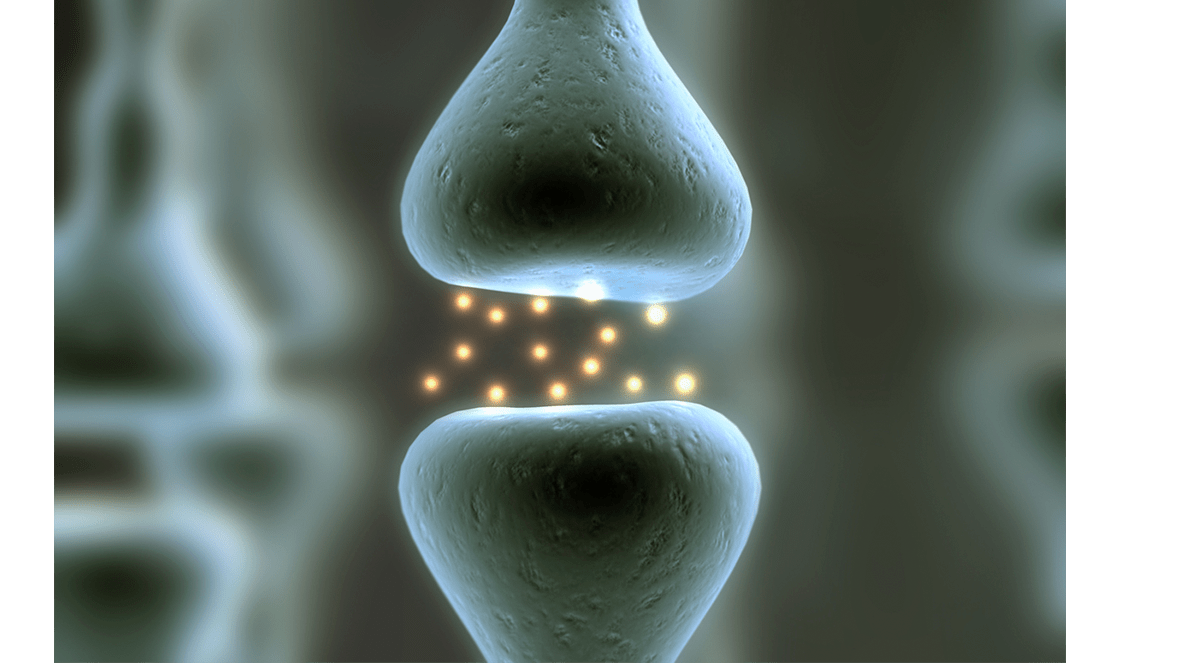The social and public health burdens of ischemic stroke have been increasing worldwide. In addition to focal brain damage, acute ischemic stroke (AIS) provokes systemic abnormalities across peripheral organs within the body. AIS profoundly alters the autonomic nervous system, hypothalamic-pituitary-adrenal axis, and immune system, which further yield deleterious organ-specific consequences. Poststroke systemic pathological alterations in turn considerably contribute to the progression of ischemic brain injury, which accounts for the substantial impact of systemic complications on stroke outcomes. This review provides a comprehensive and updated pathophysiological model elucidating the systemic effects of AIS. To address their clinical significance and inform stroke management, we also outline the resulting systemic complications at particular stages of AIS and highlight the mechanisms. Future therapeutic strategies should attempt to integrate the treatment of primary brain lesions with interventions for secondary systemic complications, and should be tailored to patient individualized characteristics to optimize stroke outcomes.Copyright © 2021. Published by Elsevier Inc.
Brain to periphery in acute ischemic stroke: mechanisms and clinical significance.


